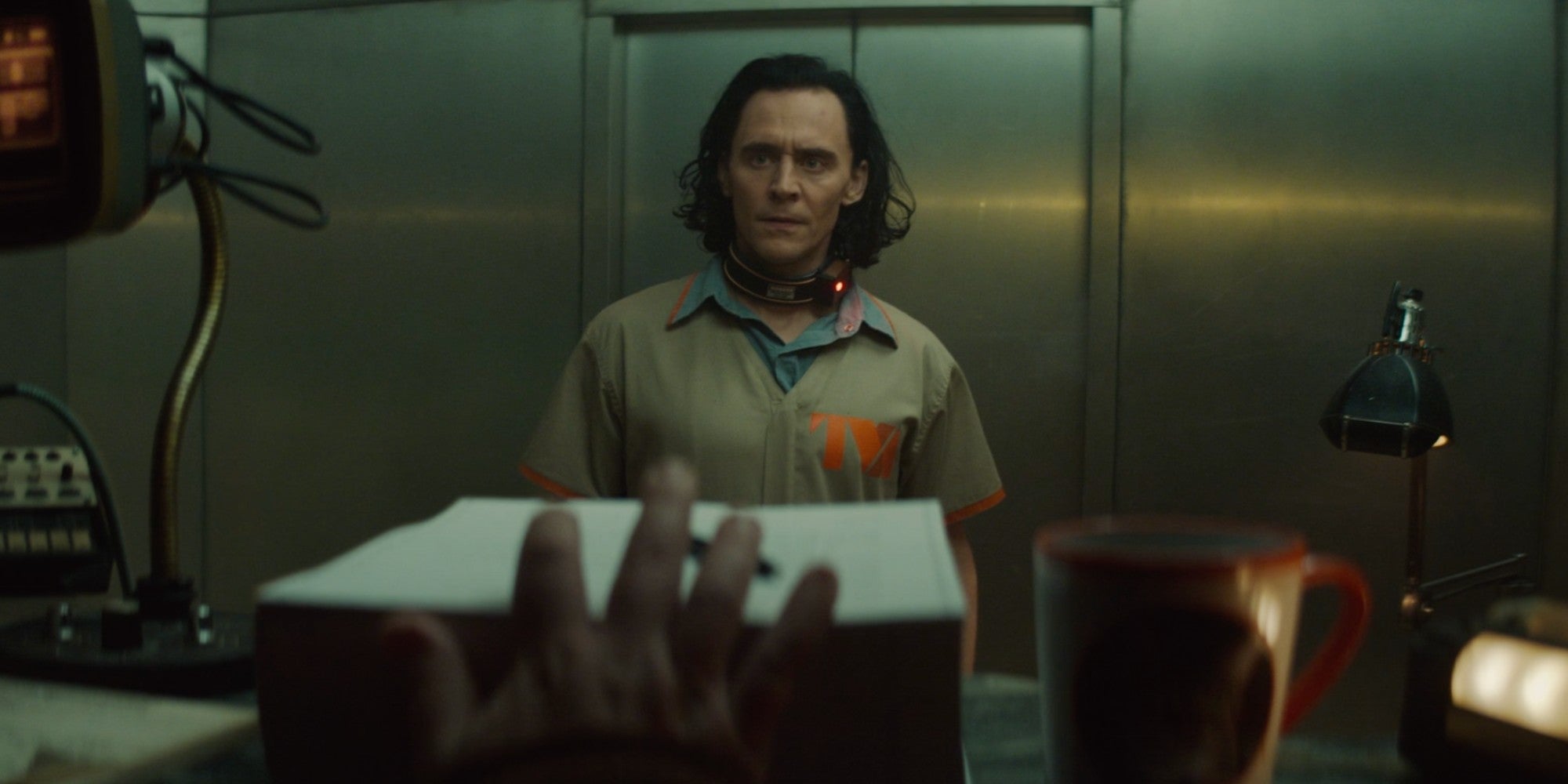
The key problem with the “brain in a vat” thought experiment
There is a certain kind of story about nature and our place in it that says all we experience, all we feel, is nothing but neural circuity. According to one thought experiment, if I were a smart enough doctor or computer scientist, I could put your brain in a vat, hook it up to a bunch of electrodes that enable some kind of simulation of the world, and you’d never know the difference. Fed the proper electrical stimulus, your brain would conjure up the exact same experiences as if you were wandering around in the world in your body.
But is this “brain a vat” thought experiment right? Is direct experience — that most intimate and immediate sense of life and the world — really reducible to the wiring of neurons? The answer, I believe, is not at all. More importantly, the mistake at the heart of this idea is a primary example of the inability of certain philosophical perspectives on science to confront the centrality of human experience in doing science.
The thought experiment is prevalent in modern culture, inspiring numerous science-fiction films and TV shows, like The Matrix (so awesome) to Altered Carbon (very cool, but less awesome). It’s also the underpinning of much-talked-about ideas like the simulation hypothesis or Boltzmann Brains. Taken as a whole, brains in vats (let’s abbreviate them as BIVs) exemplify a particular metaphysics of science called reductionism, in which everything we experience can be reduced to the activity of lower levels in the hierarchies of structure in the physical world. Reductionism plays a big role in The Blind Spot: Why Science Cannot Ignore Human Experience, a new book Marcelo Glieser, Evan Thompson, and I have just published. In it, reductionism is seen as one of a constellation of views through which direct experience gets forgotten as that which makes scientific activity possible. The most dramatic feature of Blind Spot’s philosophy is when useful abstractions — extracted from scientific practice — are substituted as being more real than the rich, seamless life-world that is experienced. That’s exactly what happens with BIVs.




















